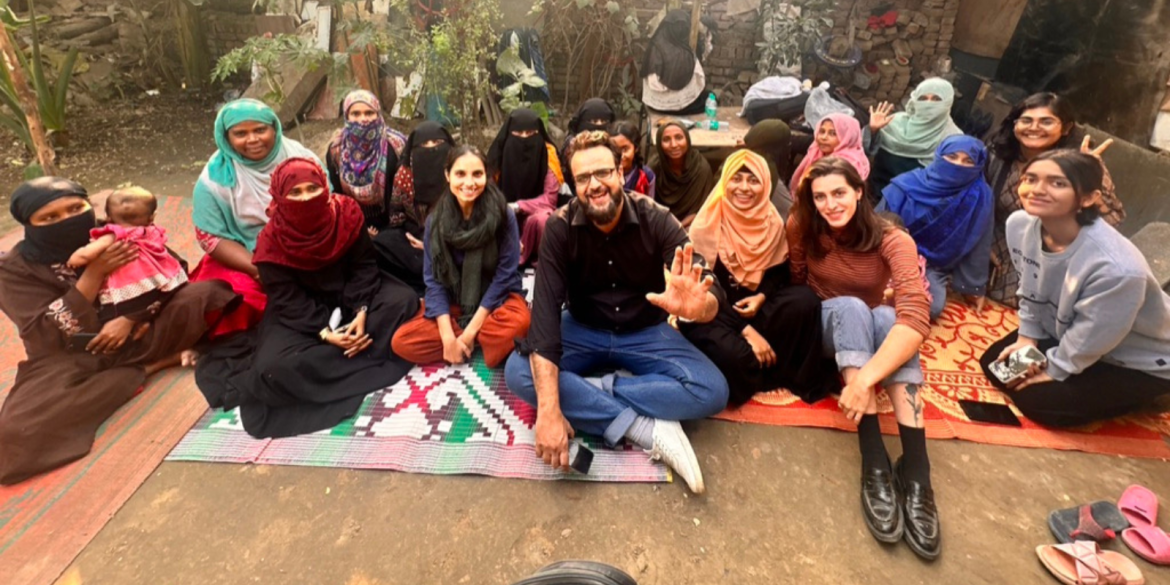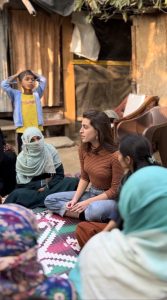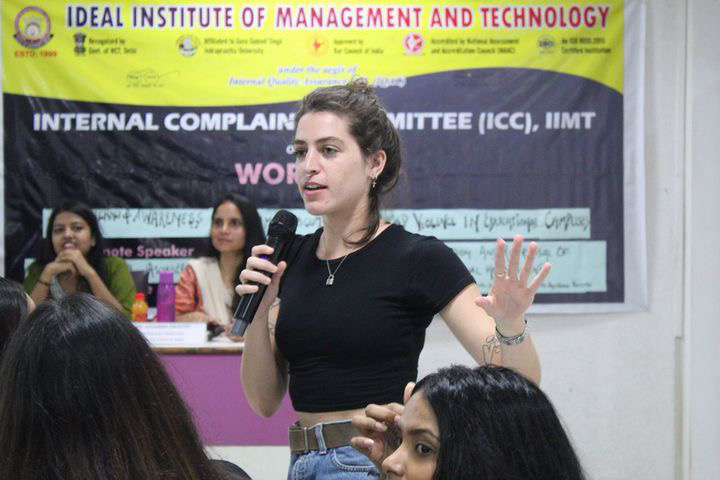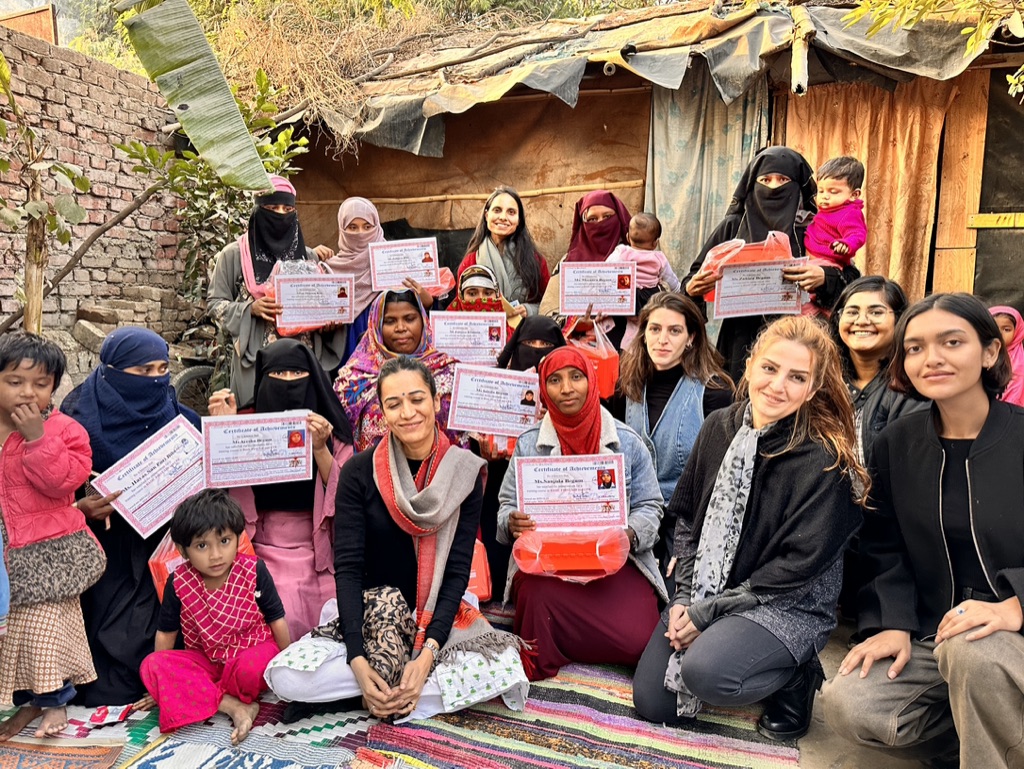
At 26, Kerem Gil had already experienced a life marked by movement, bridging two distinct cultures as her family alternated between Israel and Canada. Born in Israel but raised in Toronto and Vancouver, she returned to her homeland at 20 to pursue a degree in multidisciplinary art at Shenkar College. Her artwork, deeply rooted in themes of social justice, focused on issues like body image, patriarchy and sexual violence against women and girls. However, as her passion for art grew, so did her desire to move beyond expression and engage directly with the communities affected by these issues. “It felt significant to create art on these topics, but I realised there was a difference between speaking about women who had experienced sexual violence and actually working with them. I wanted to do more than just raise awareness—I wanted to be involved in the healing process.”

This desire led her to work at a shelter for survivors of sexual violence in Israel, where she began as a night coordinator before being promoted to head of the shelter. This experience solidified her interest in community work, ultimately leading her to Glocal’s programme at HU as part of cohort 13 which graduated in February 2024. The diverse backgrounds of her classmates at Glocal intrigued her, as she found that the exchange of knowledge between professionals from fields like economics and social work enriched her understanding of global issues. “What drew me to Glocal was the mix of people from different fields coming together. We all had unique perspectives, and I think that’s where I learned the most. It wasn’t just the coursework; it was the discussions and shared experiences that really deepened my understanding.”
Her journey took a significant turn when she chose India for her internship, driven by her interest in gender-based violence in culturally diverse societies. Working with the ZODI Project, she focused on marginalised communities, particularly female refugees, addressing the intersectionality of gender violence and displacement.

One of her key projects involved organising a large-scale exhibition on displacement, which required fundraising, collaborating with foundations and curating the event. In addition to the exhibition, she developed a community development programme for Rohingya refugees, providing first aid training to women. This hands-on experience, though challenging, was incredibly rewarding and reinforced her commitment to using art and education as tools for empowerment. “These women live in incredibly harsh conditions, and I wanted to give them something that could make a real difference in their lives. The first aid training wasn’t just about learning to treat wounds—it was about creating a safe space where they could learn, connect and gain confidence.”
 Her time in India was transformative, shaping her career aspirations as she realised her long-term goal of working in international development from a broader perspective, possibly from a Western country where she could influence policies and support grassroots organisations like those she worked with.
Her time in India was transformative, shaping her career aspirations as she realised her long-term goal of working in international development from a broader perspective, possibly from a Western country where she could influence policies and support grassroots organisations like those she worked with.

